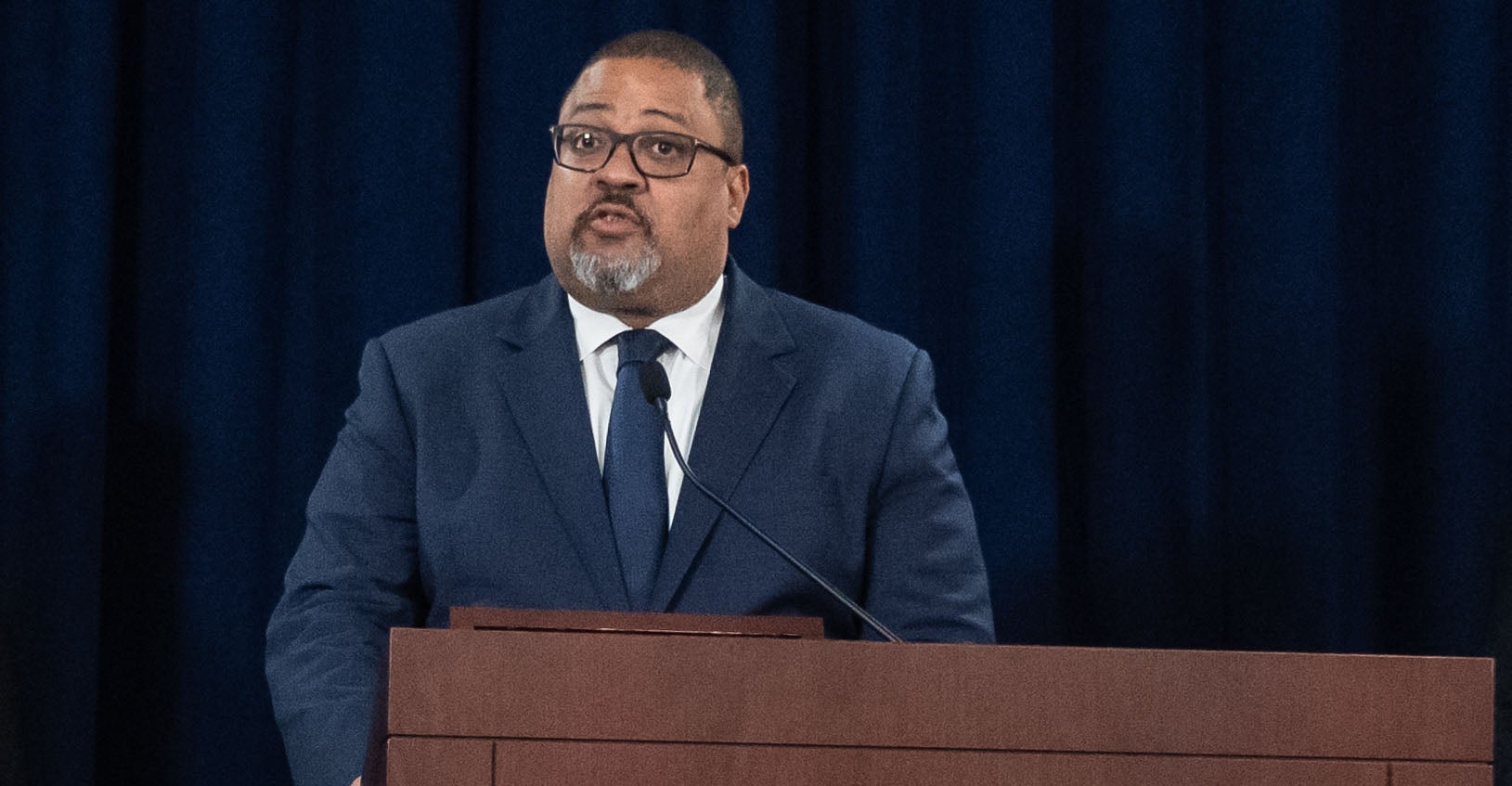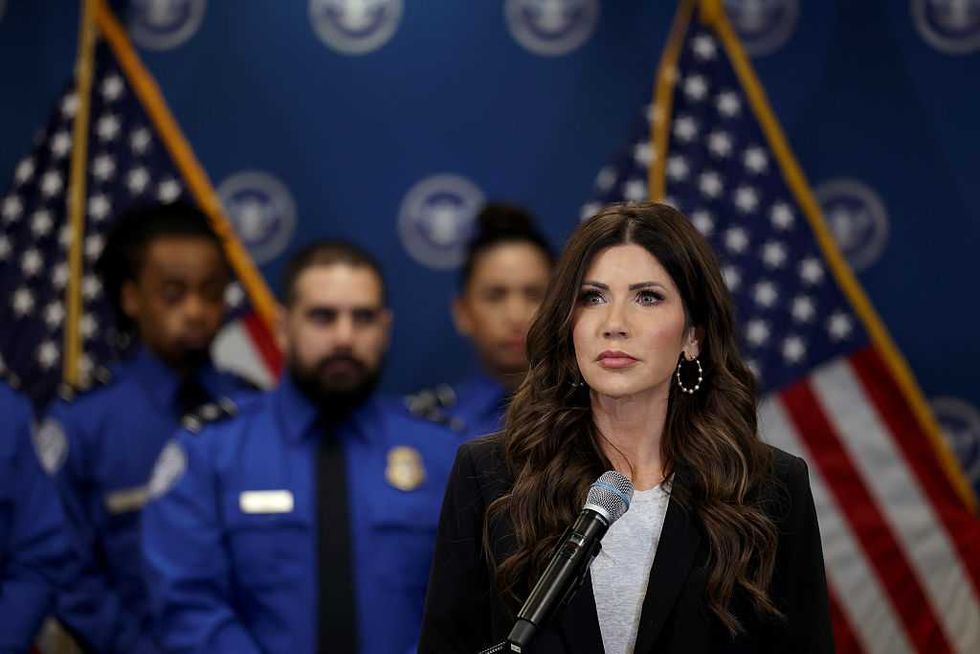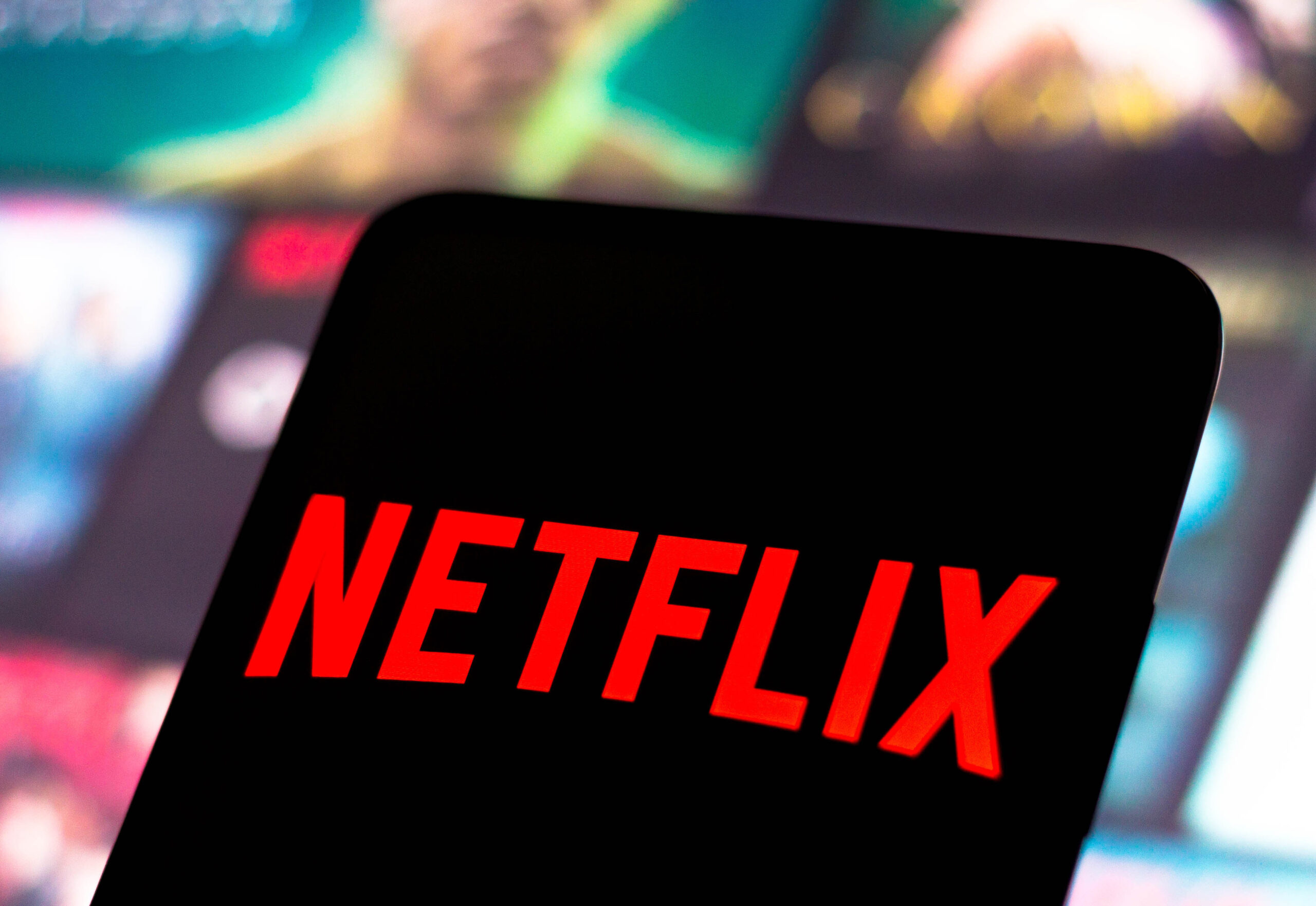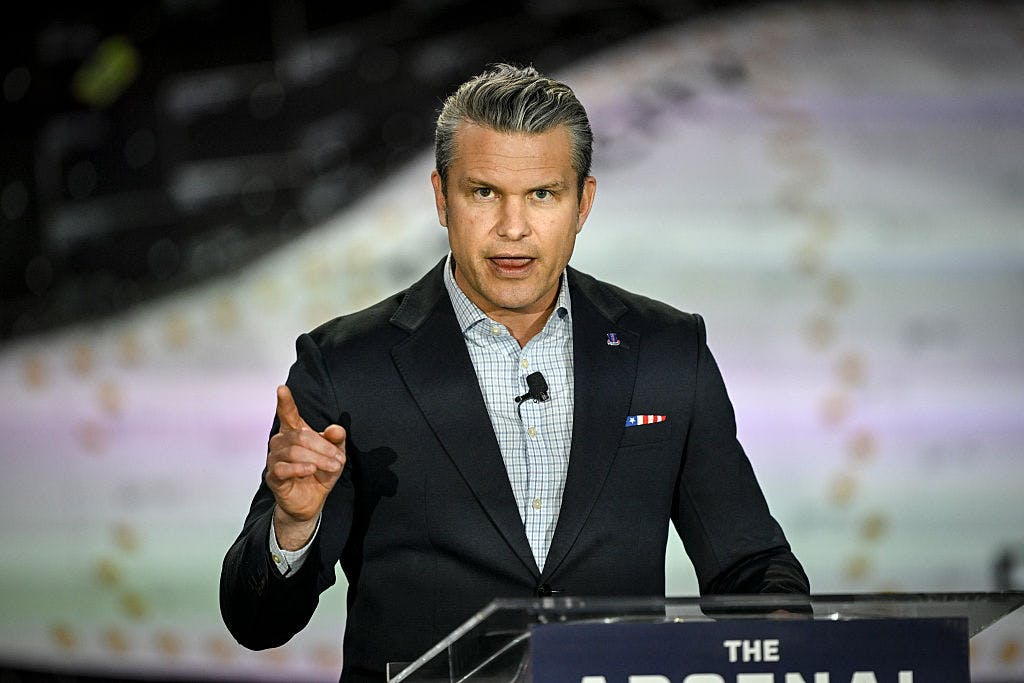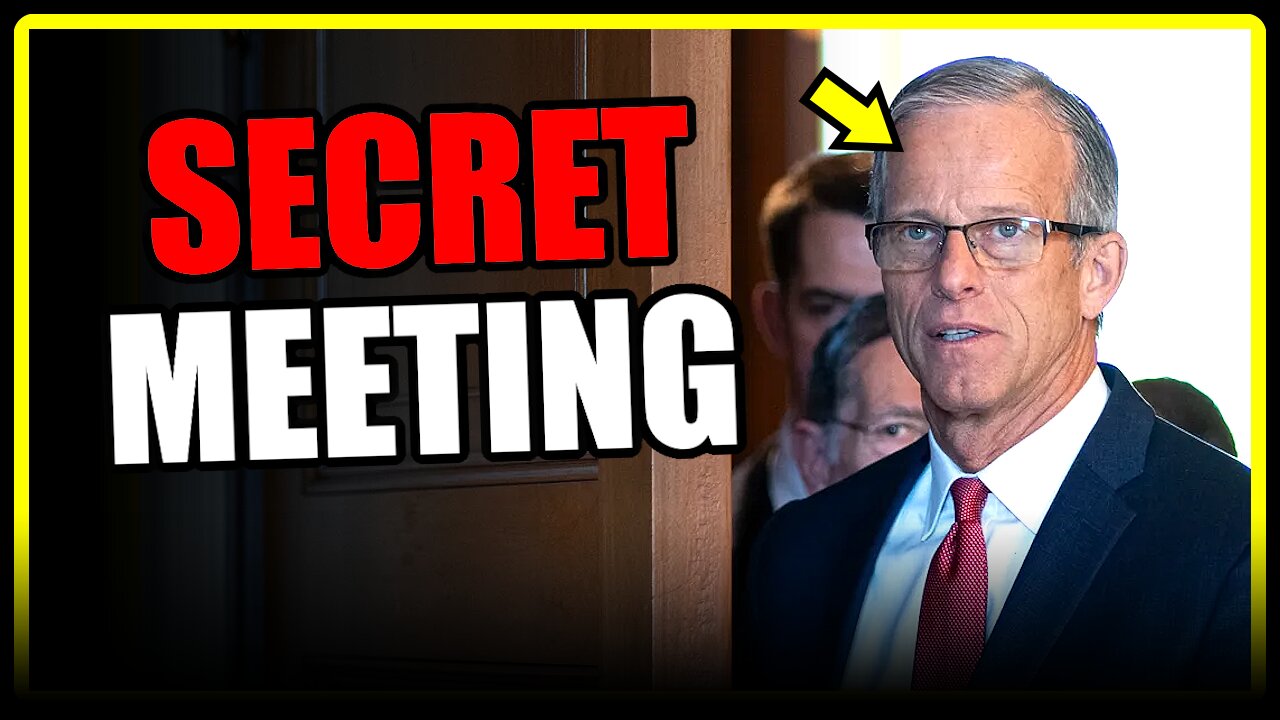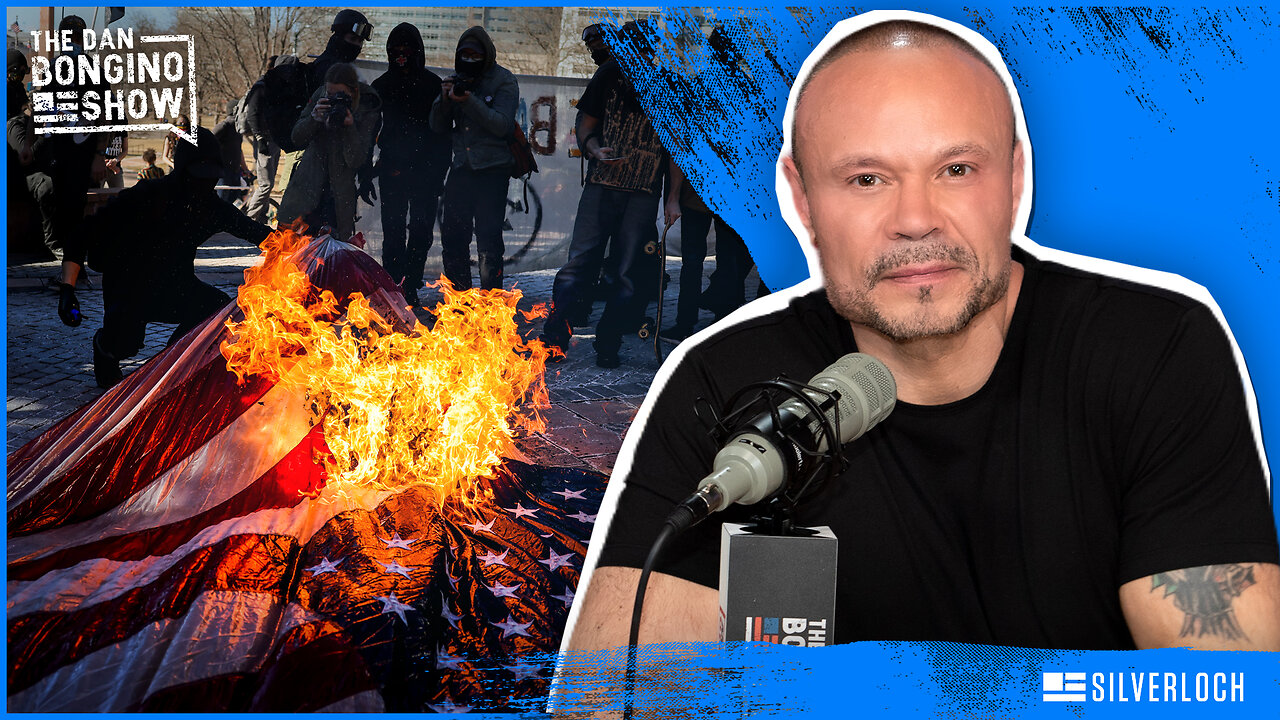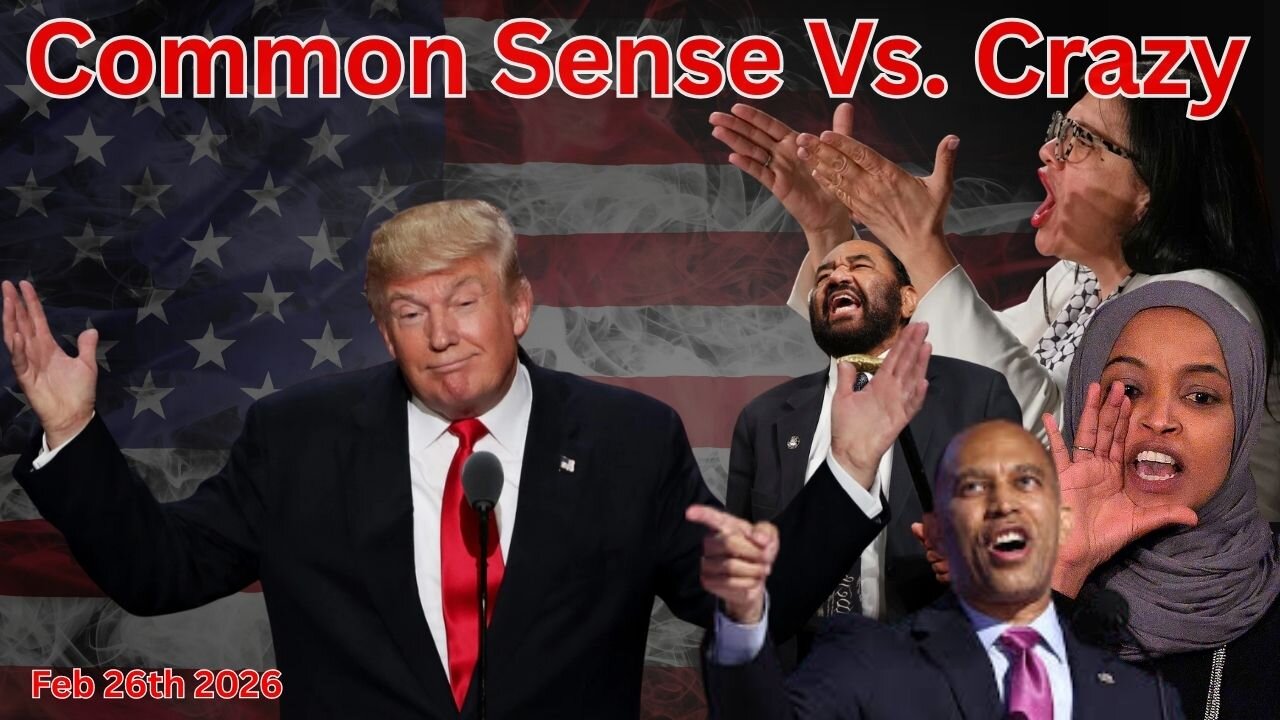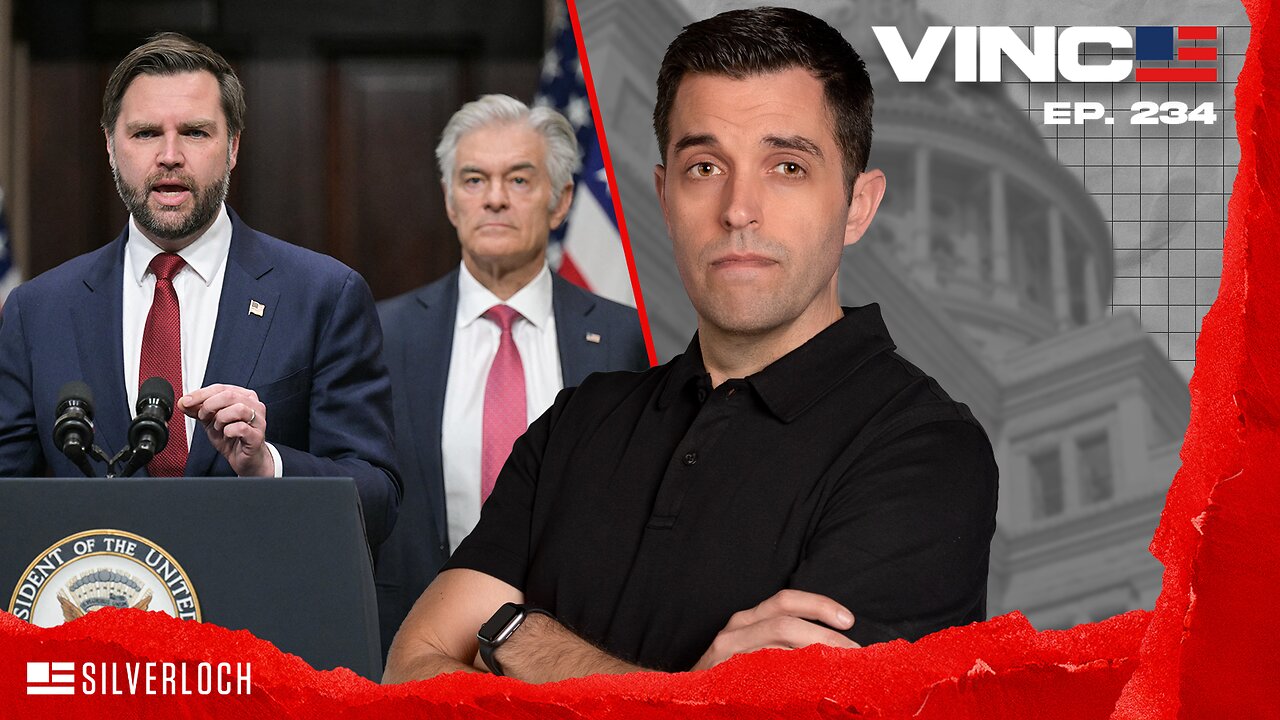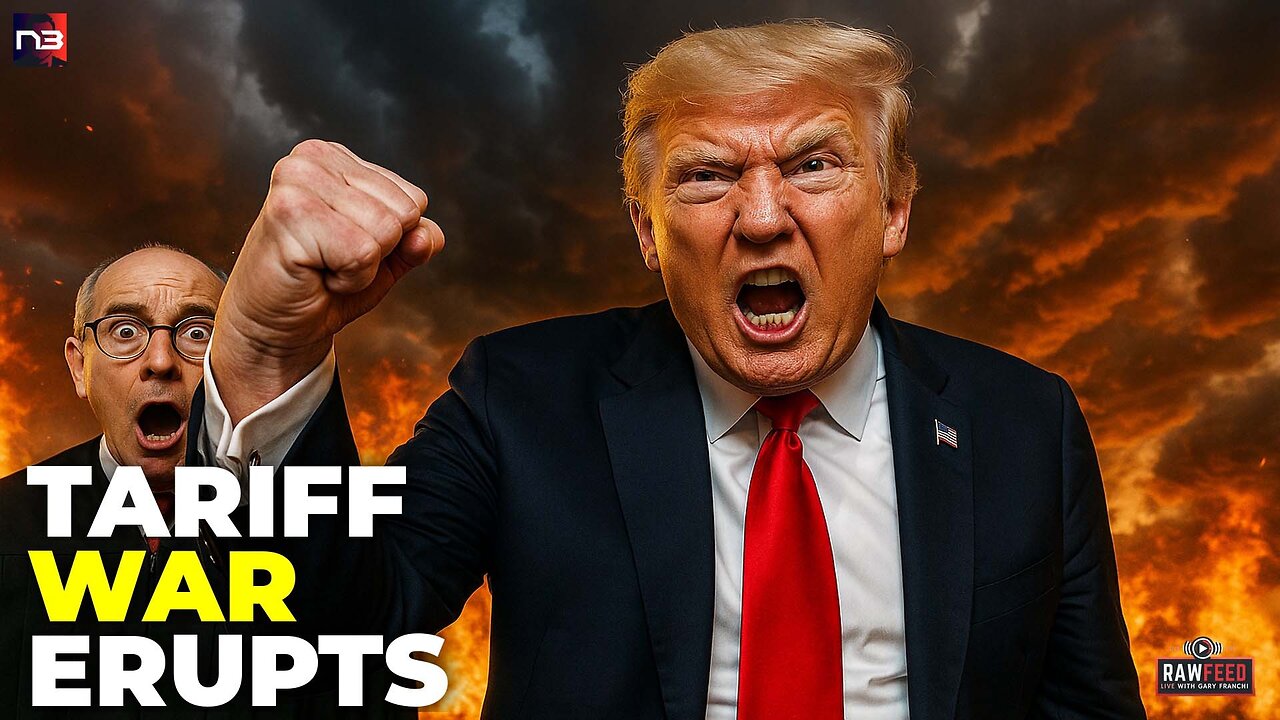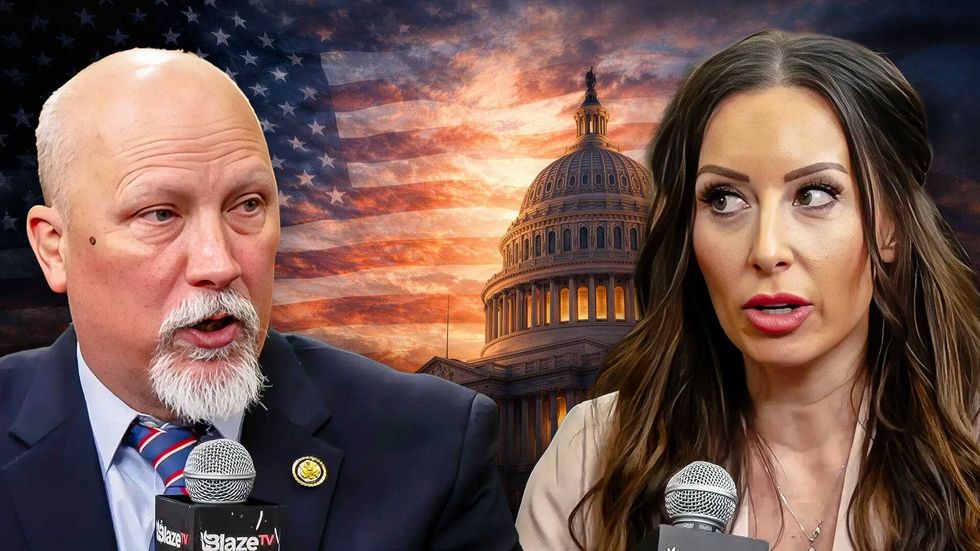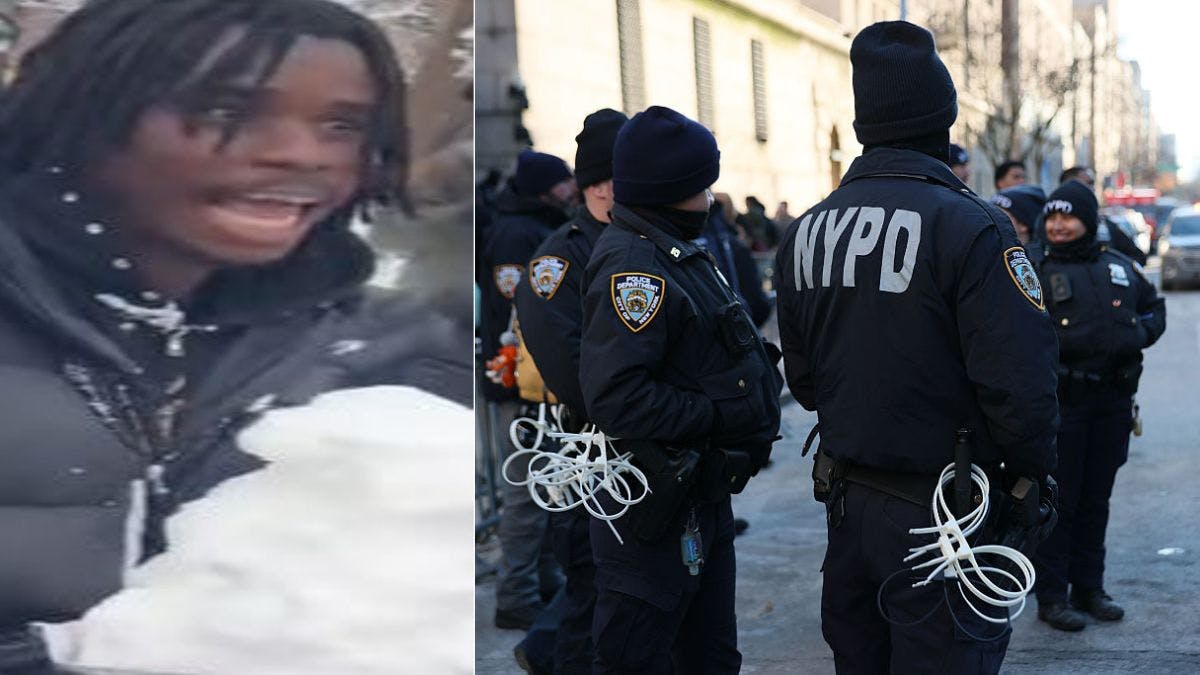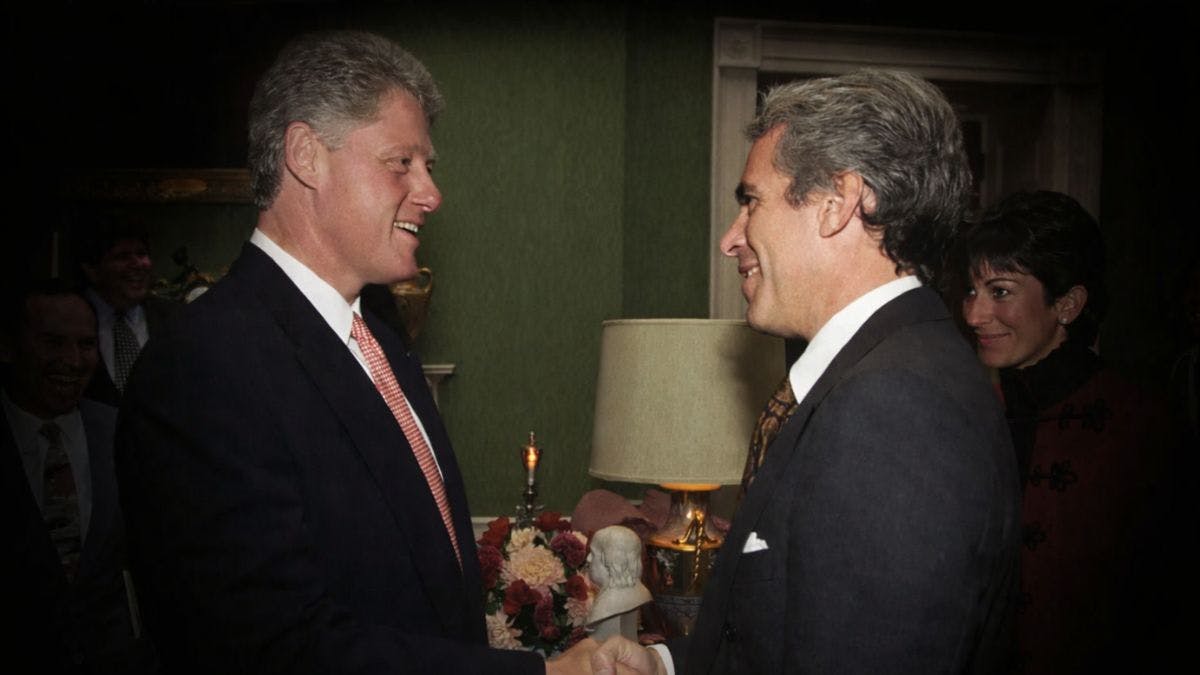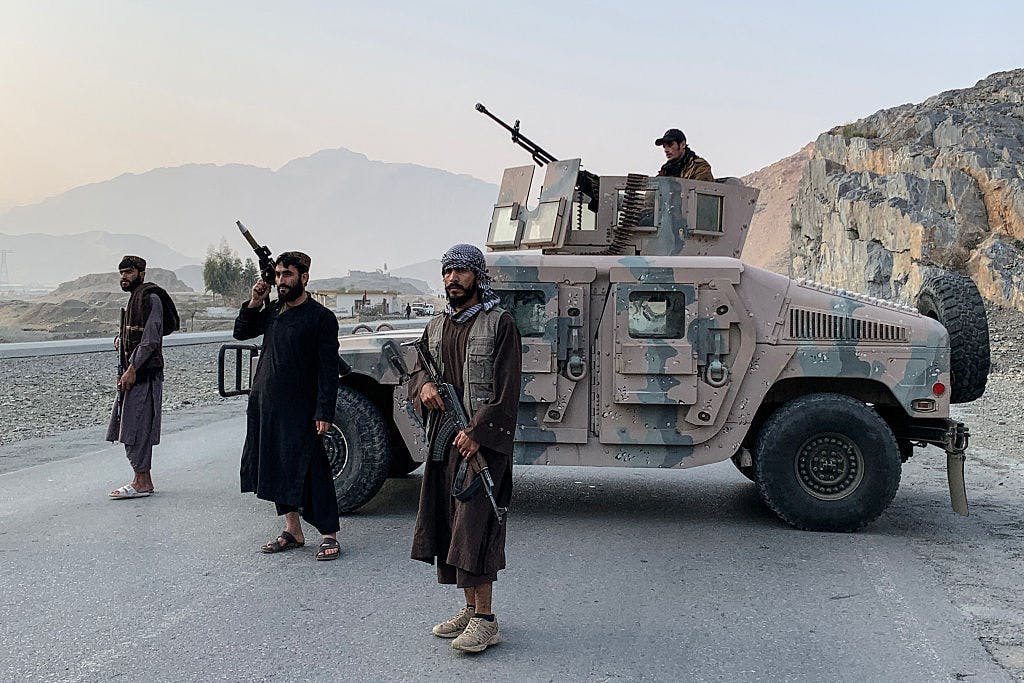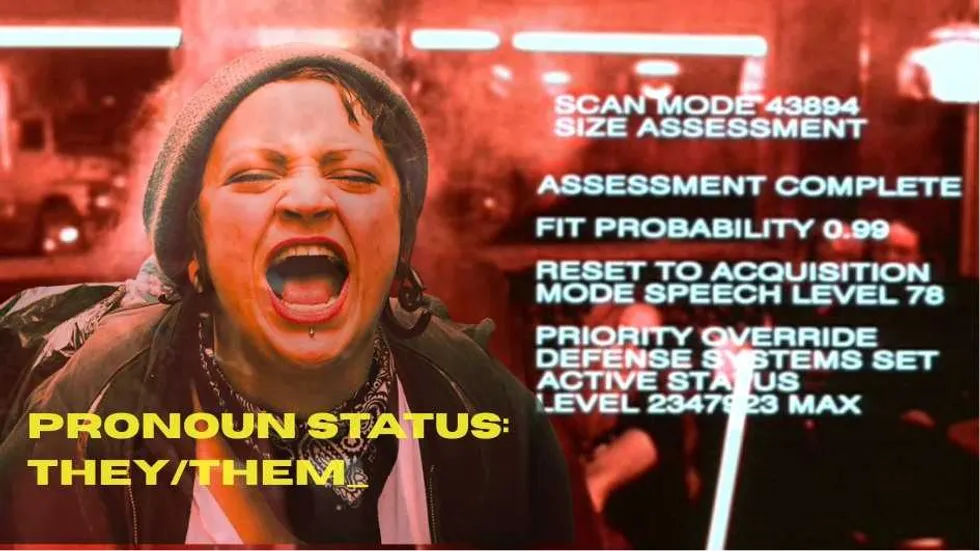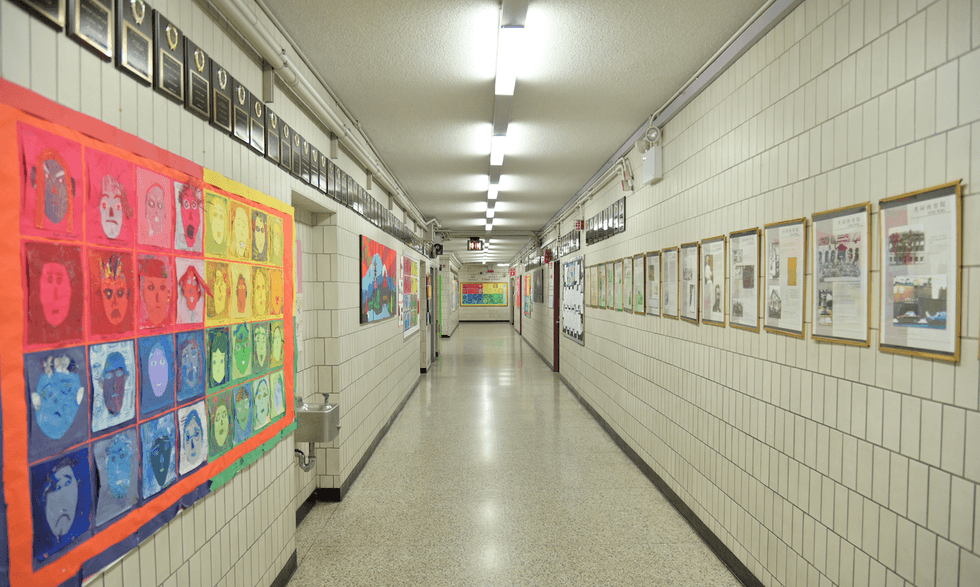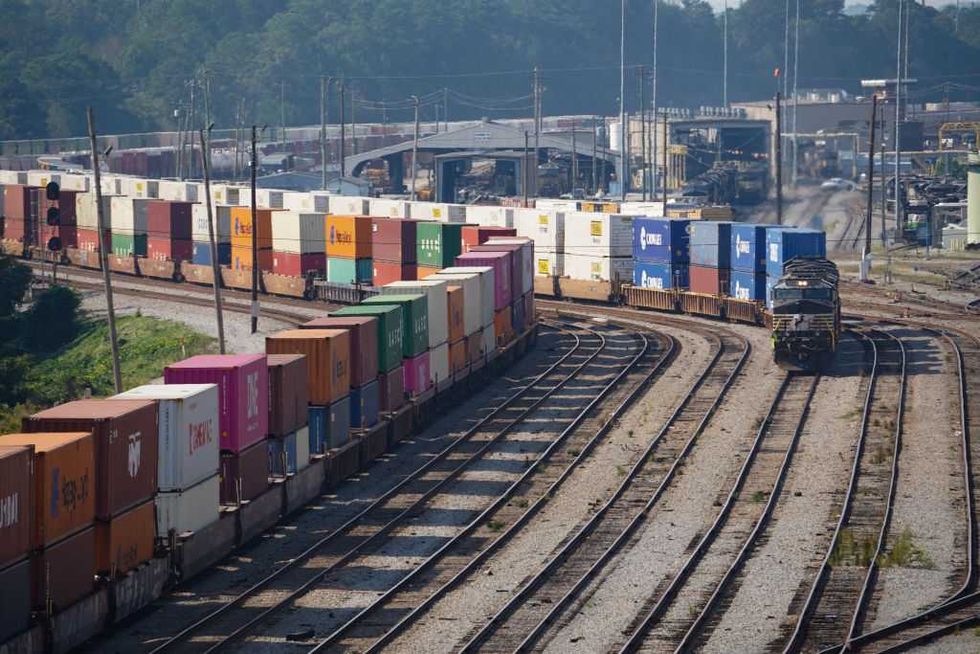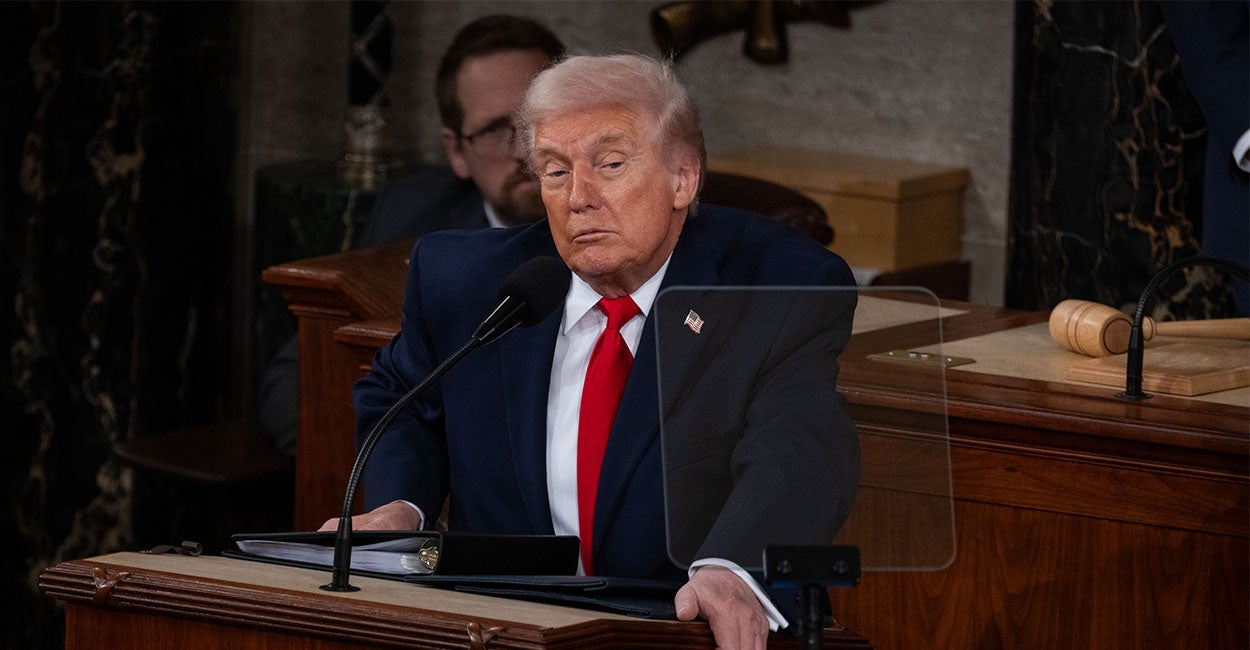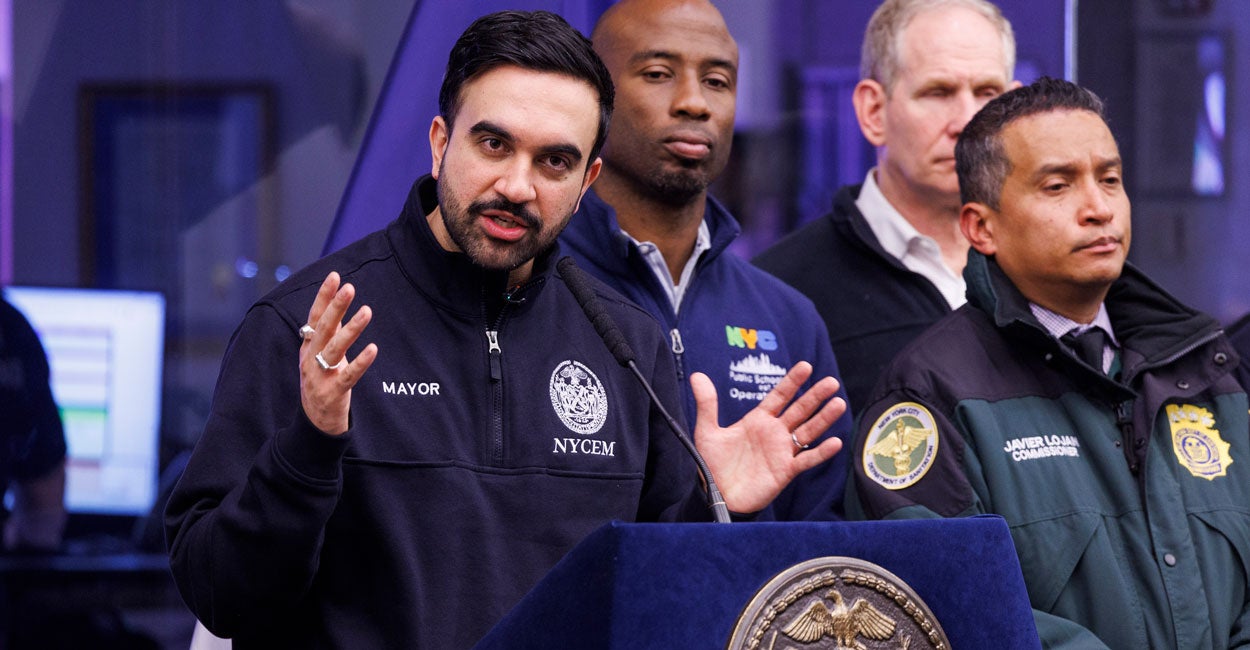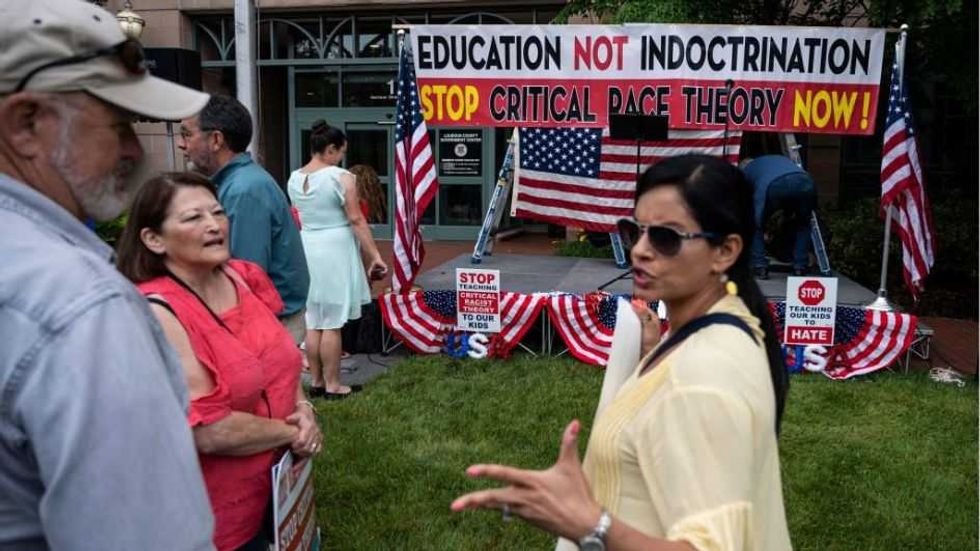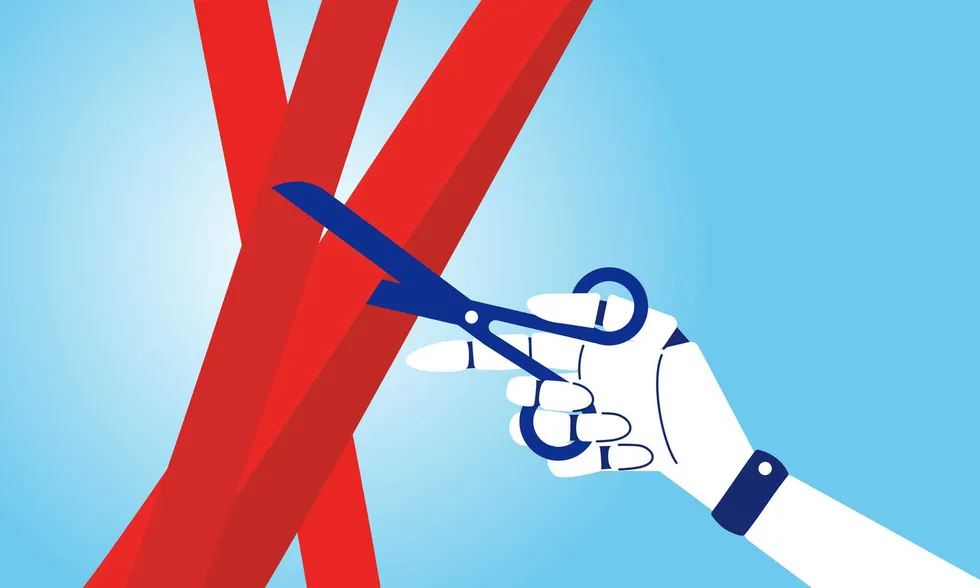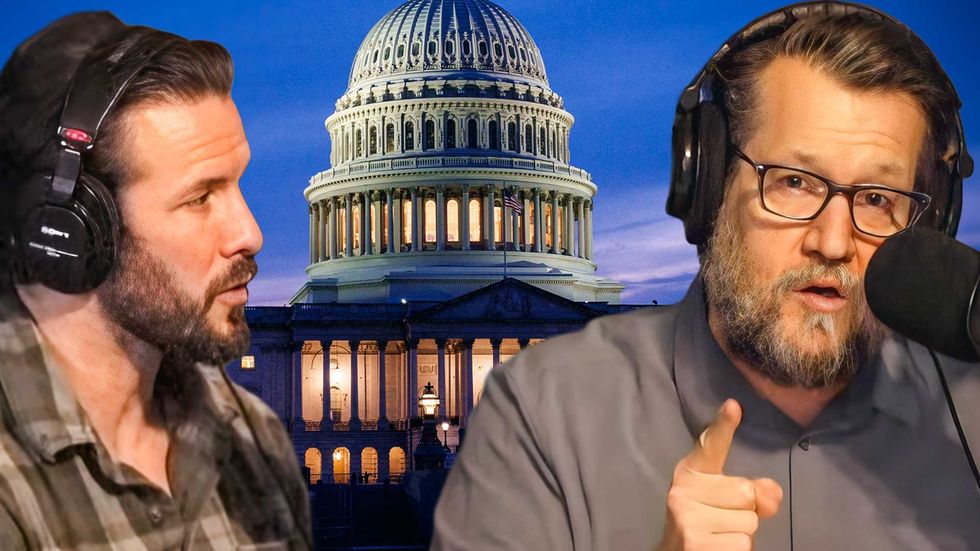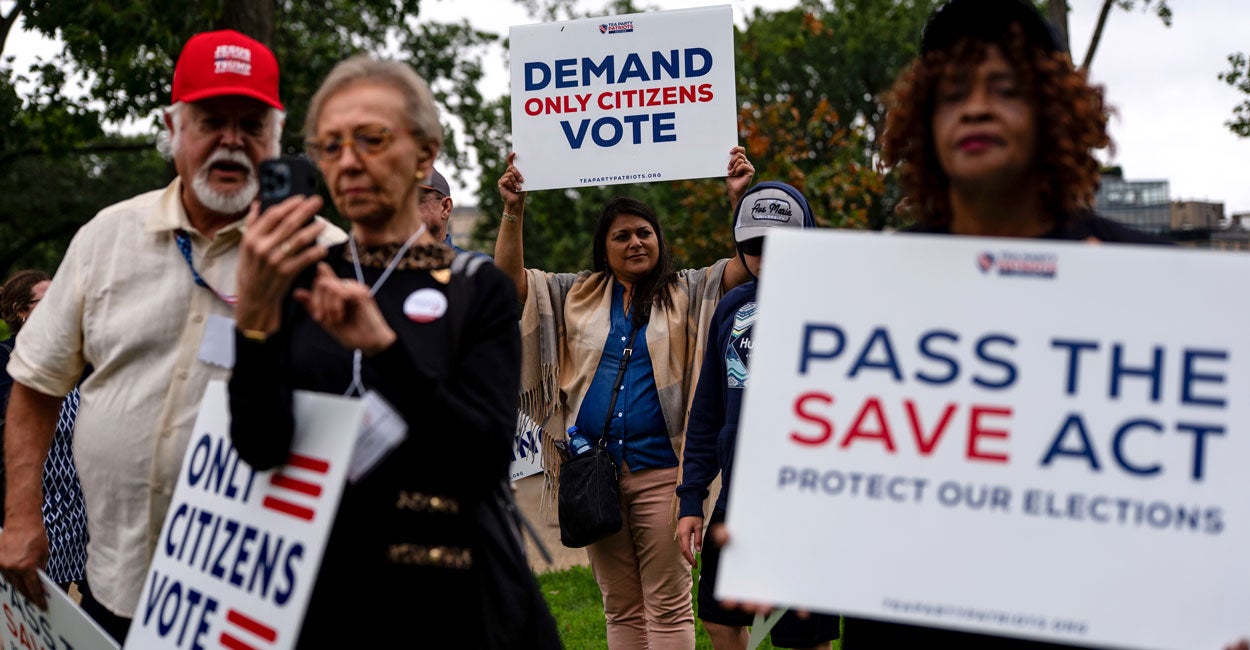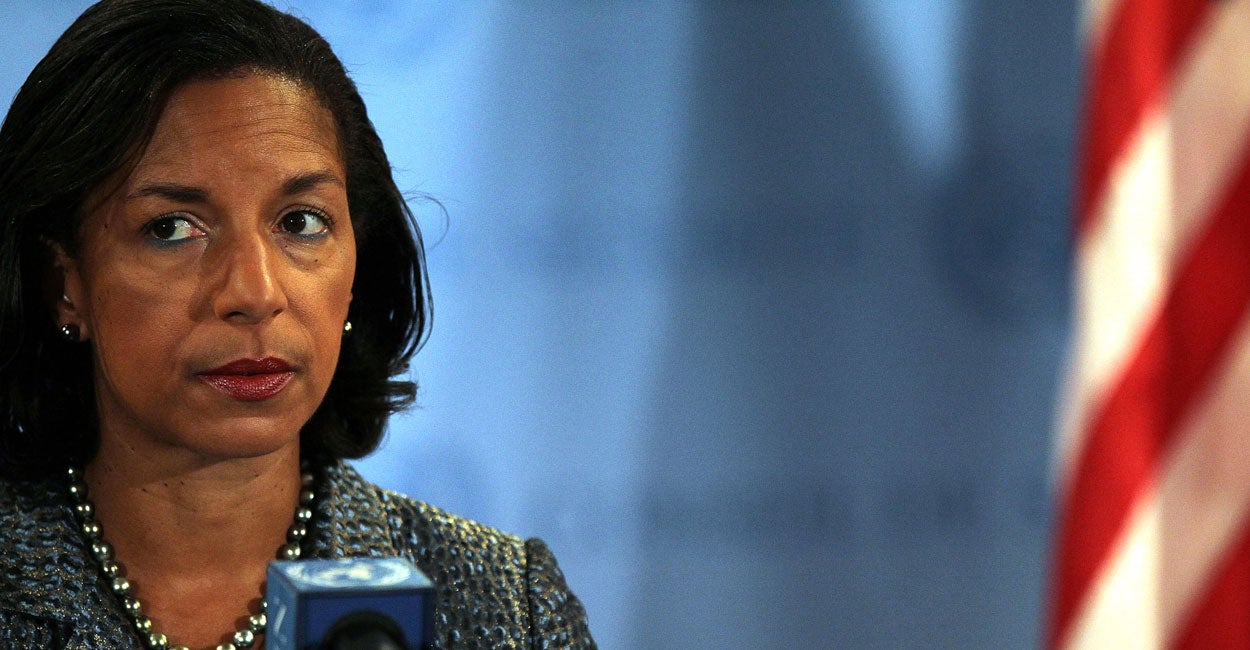‘They Broke the Goodwill Contract’: Canada’s Sweeping Firearm Seizure
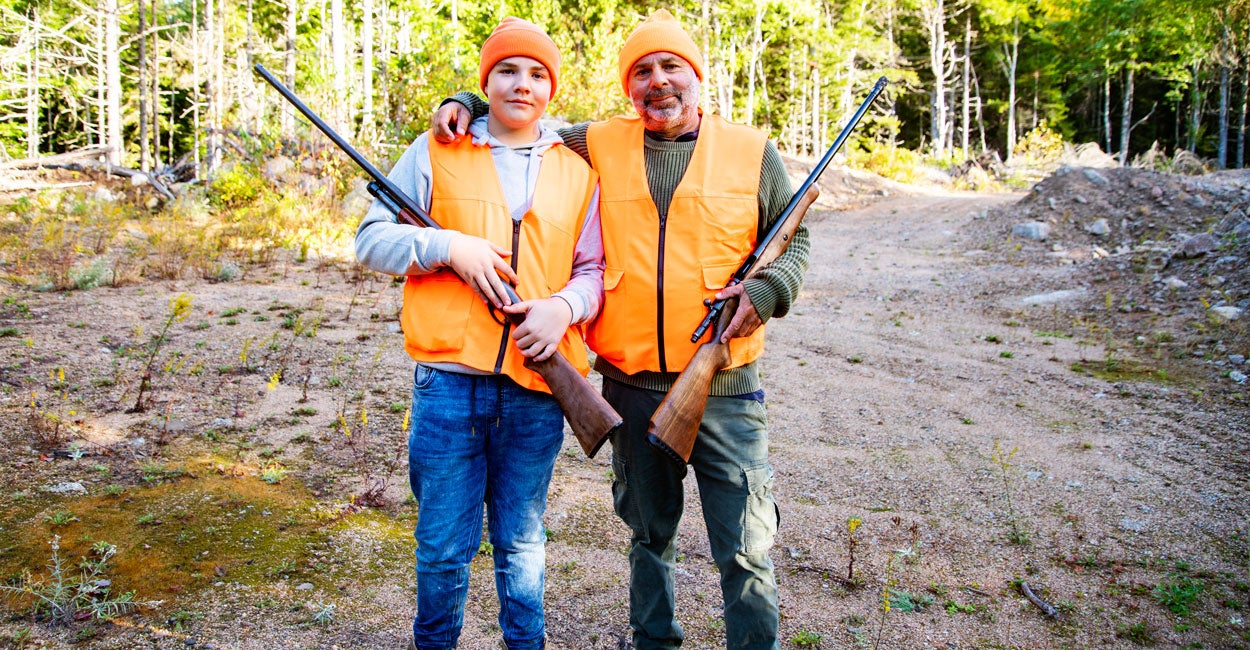
Gun control in America’s northern neighbor has moved into confiscation phase, as Nova Scotia, Canada’s east coast province, kicked off a pilot program of “voluntary” gun buybacks in September, while the western provinces of Alberta and Saskatchewan say they will not comply.
Live Your Best Retirement
Fun • Funds • Fitness • Freedom
The national ban was originally decreed by then-Prime Minister Justin Trudeau’s government in 2020, covering 1,500 models of rifles, but has since been expanded to include more than 2,500 models. And while the ban is purported to cover “semi-automatic firearms with sustained rapid-fire capability,” the list of prohibited firearms also includes more traditional bolt-action rifles and shotguns commonly used in hunting.
The rifle ban includes an “amnesty order” giving owners until Oct. 30, 2026, to surrender designated firearms. Canada also launched a pilot “Assault-Style Firearms Compensation Program” in Nova Scotia on Sept. 23 that will pay individuals who hand in their guns.
The program will go nationwide later this fall. It follows a collection program for gun dealers that ended on April 30 and reportedly netted 12,000 guns at a cost of $22 million.
While the government calls the compensation program “voluntary,” critics say that surrendering banned guns is mandatory, with criminal penalties of up to 10 years in prison for non-compliance. The Canadian government stated that more than 19,000 models of rifles are still legal to own, but critics say the list of banned firearms expands year by year.
The rifle ban was not enacted by Canada’s parliament but rather by “orders in council” within Trudeau’s cabinet. It coincides with a “national freeze” on handgun sales in 2022, which prohibited the purchase, sale or import of handguns in Canada.
Two Canadian provinces, Alberta and Saskatchewan, said they won’t enforce the gun ban, and Alberta Premier Danielle Smith has pledged that Alberta police will not cooperate with gun confiscation efforts. But according to Wes Winkel, president of the Canadian Sporting Arms and Ammunition Association, all provinces are subject to national law, and the gun ban is “already the law of the land.”
Canadians must have a license to own any firearm, and certain firearms, like semiautomatic rifles, must be registered, giving the government a list of owners of these models. However, it remains unclear how Canadians will respond to the latest ban.
“As opposed to the United States, where it’s liberty or right to self-defense, the dominant value in Canada gun culture is compliance,” Nicolas Johnson, author of thegunblog.ca, told The Daily Signal.
Canadians gun owners have complied with strict regulations but accepted the government’s pledges that it would respect the rights of hunters and sports shooters, he said. That compact has now been broken.
“Hundreds of thousands of people, government-licensed gun owners, became criminals with the stroke of a pen,” Johnson said. “So essentially, we view that as, they broke the goodwill contract that had existed.”
Winkel predicts that many gun owners will refuse to hand in their rifles but says there will be a price to pay.
“By our research, we figure that the Canadian government will probably get between 15% and 20% compliance on turning in the prohibited guns, and the rest are probably going to hold on to them,” Winkel told The Daily Signal. “But when the amnesty expires, that puts them in an illegal position, and that becomes very tricky with a licensing regime like we have.
“I don’t believe it’s [the government’s] intention to send out prosecution orders, but I do believe it’s their intention to digitally cancel those owners,” he said. “We’ve seen some very dangerous precedent-setting court cases in Canada where all they have to do is cancel your firearms license and now you’re in illegal possession of all your guns, and if you still fail to comply they can freeze bank accounts and do a lot of other things to make your life very miserable to make you comply.”
Freezing bank accounts, credit cards, and insurance policies was the tactic Trudeau used to suppress trucker protests against COVID-19 mandates in 2022.
U.S. gun rights advocates say that, despite Second Amendment protections, Americans should be concerned about gun confiscation programs in countries like Canada, Australia, and New Zealand. Like Canada, Illinois established a gun registry for AR-15-style rifles and magazines in 2023. And on Oct. 10, California banned the sale of handguns that could be converted to automatic weapons, including Glock pistols, which are among the most popular handguns in the United States.
“All these laws are so broadly written that they can keep expanding them to take on more and more firearms,” Justin Davis, spokesman for the National Rifle Association, told The Daily Signal. “It starts with AR-15s and ends up coming for your grandfather’s bolt-action rifle.
“They’re not going to stop until they take everyone’s firearms,” he said.
The NRA has sued California to block the handgun law.
“The whole idea is that the government cannot trust their own citizens to possess firearms lawfully,” Mark Oliva, spokesman for the National Shooting Sports Foundation, told The Daily Signal. “Anybody who is a student of history should shudder at the thought of a government wanting to disarm its own people.”
The post ‘They Broke the Goodwill Contract’: Canada’s Sweeping Firearm Seizure appeared first on The Daily Signal.
Originally Published at Daily Wire, Daily Signal, or The Blaze
What's Your Reaction?
 Like
0
Like
0
 Dislike
0
Dislike
0
 Love
0
Love
0
 Funny
0
Funny
0
 Angry
0
Angry
0
 Sad
0
Sad
0
 Wow
0
Wow
0
